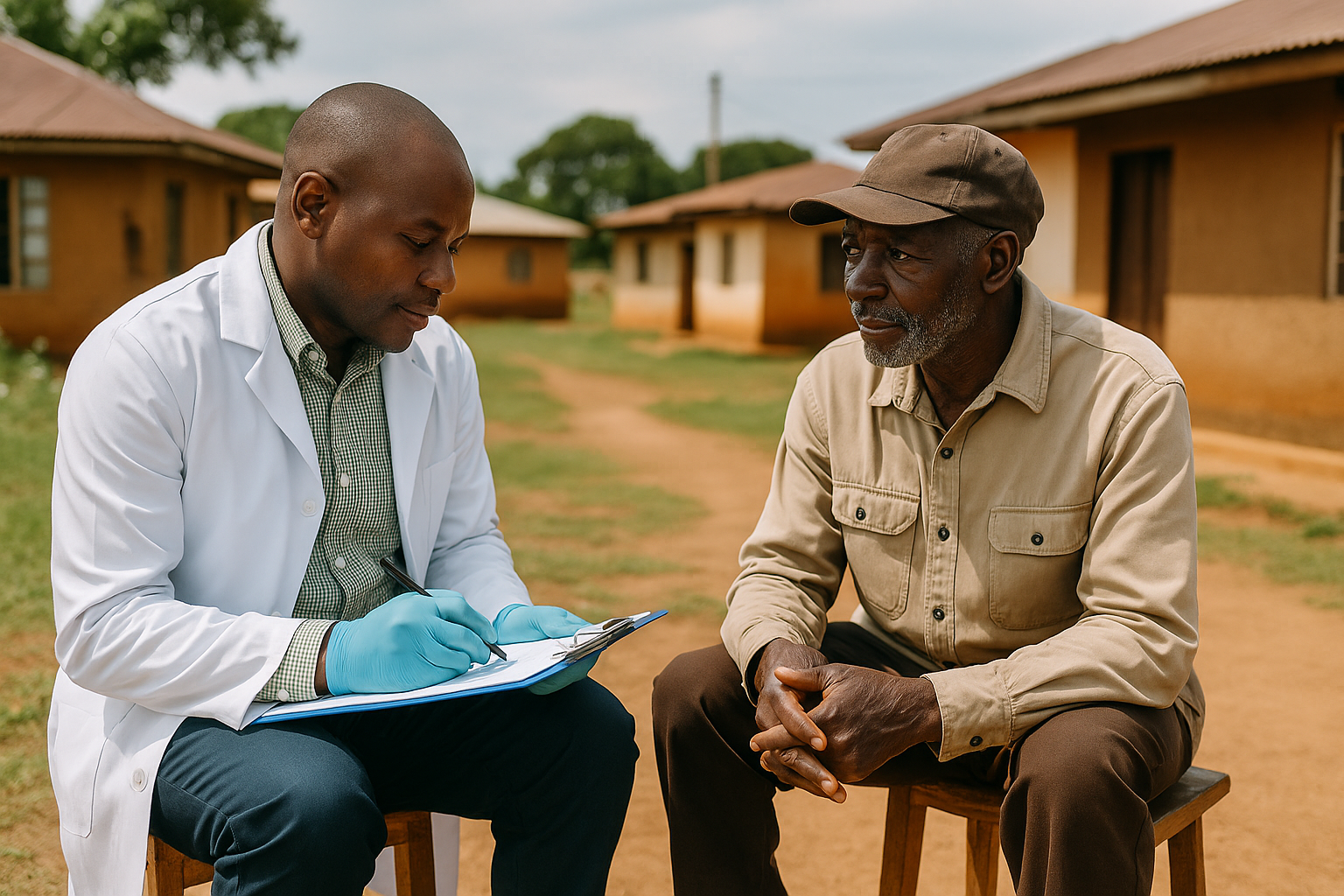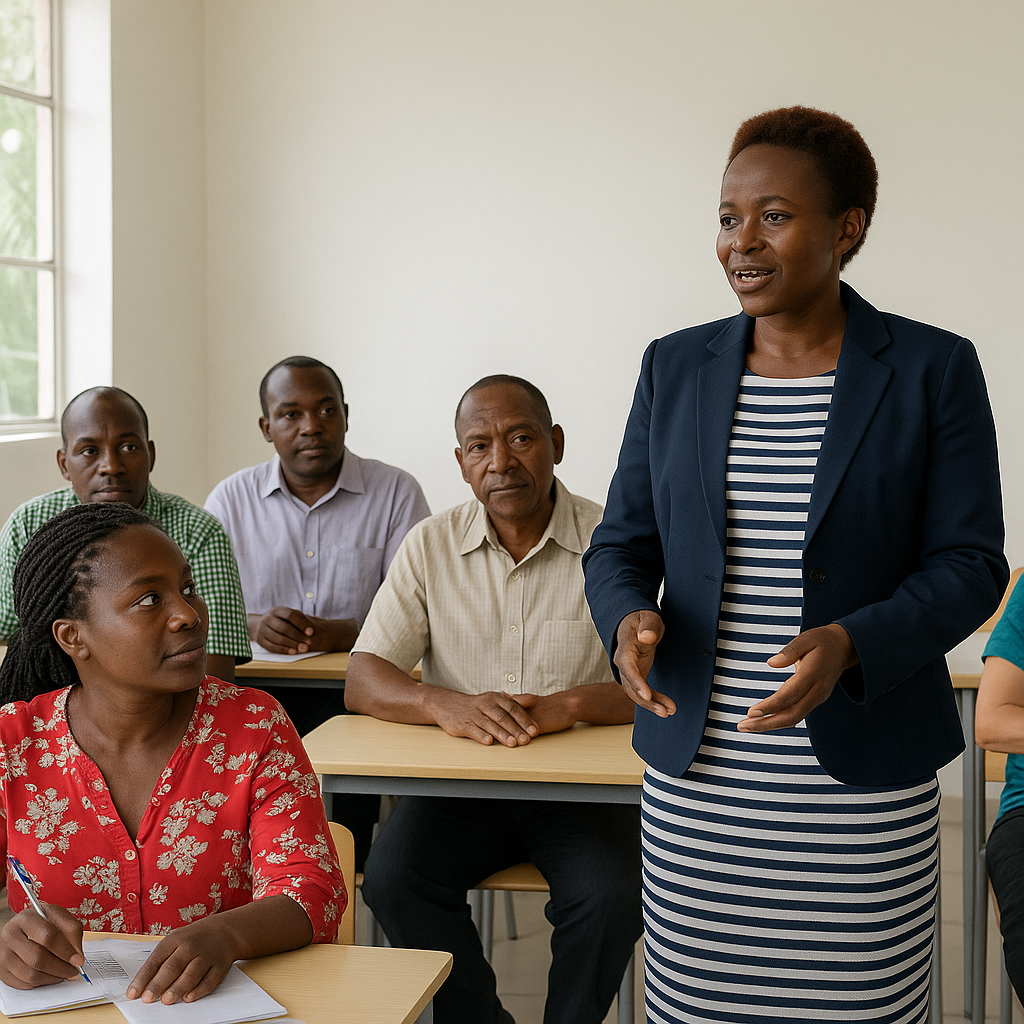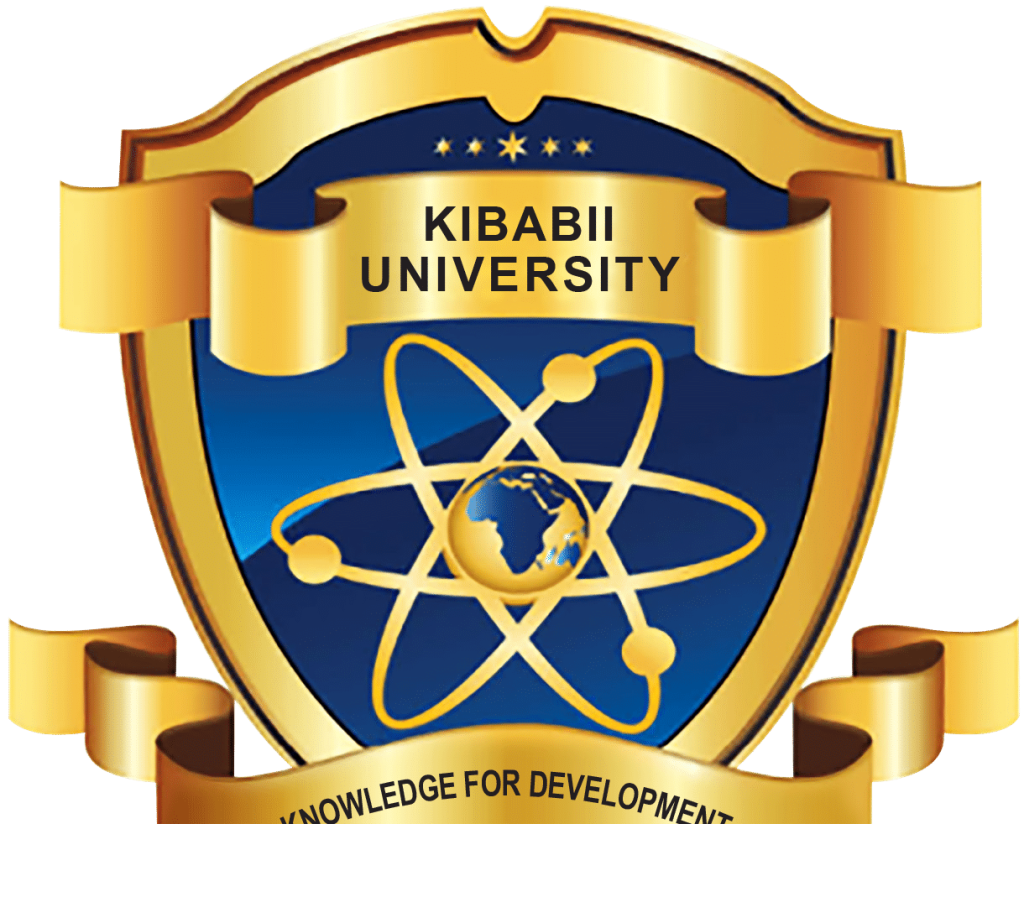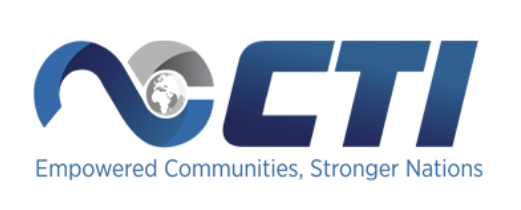Sema Community Development (Centre for One Health & Neglected Tropical Diseases)
Connecting Human, Animal, and Environmental Health to Eliminate Neglected Tropical Diseases Across East Africa
The Centre for One Health & Neglected Tropical Diseases (COHNTD) is a regional academic and research hub based in Trans Nzoia County, Western Kenya. We bring together experts in human, animal, and environmental health to tackle neglected tropical diseases (NTDs) through research, clinical trials, community engagement, and capacity building across East and Central Africa. Our mission is to foster integrated, people-centered solutions for the prevention and elimination of NTDs in vulnerable communities.

About us
The COHNTD is a multi-institutional collaboration hosted in Trans Nzoia County, Western Kenya — a region adjacent to Mt. Elgon, recognized as a hotspot for neglected tropical diseases. We bring together experts from across Africa and beyond, applying the One Health approach to connect human, animal, and environmental health in the fight against NTDs and to strengthen community resilience. Through research, education, and community partnerships, we aim to build sustainable health systems and drive locally led innovation across the region.


- Research & Trials Community-based research on diseases like Leishmaniasis and Brucellosis.
- Community Engagement Partnering with locals to design solutions that work.
- Tech & Surveillance Mobile data, drones, and AI for disease tracking.
- Capacity Building Short courses for health workers and officials.
- Regional Partnerships Working with universities, NGOs, and governments.
Governance Structure
We are guided by a multi-institutional governance model that promotes regional collaboration and integrated leadership. Its structure includes a Steering Committee with representatives from academic institutions, government bodies, and NGOs — including Kibabii University, Hebrew University, Hadassah Medical Centre, Tufts University, ElsMed, USIU, CTI Africa, and local counties such as Trans Nzoia and Bungoma. An international Advisory Board of experts in One Health, medicine, and policy provides strategic guidance, while specialized Technical Working Groups (TWGs) drive implementation across key focus areas such as NTDs, zoonoses, environmental health, and gender inclusion. To ensure alignment across national boundaries, our Regional Coordination Desk plays a vital liaison role with ministries and government agencies in Kenya, Uganda, Ethiopia, South Sudan, Tanzania, and the Democratic Republic of Congo (DRC). The desk supports policy harmonization, resource coordination, and the scaling of successful models and innovations across the region. Together, this comprehensive governance model ensures that COHNTD remains regionally grounded, technically rigorous, and globally connected in its mission to eliminate neglected tropical diseases and strengthen community health systems.

Short Courses and Capacity Building
We offer practical, certified training for professionals in human, animal, and environmental health. Learn more about our modular, field-based programs.
Our short courses are practical, field-based, and modular, co-created with communities and sectoral experts. These target:
- Health Professionals: Nurses, clinical officers, veterinary staff, community health extension workers (CHEWs)
- Environmental Officers and WASH teams
- Public Health Officials and Epidemiologists
- Social Scientists and Community Facilitators
Course Locations: Nairobi, Kitale (HQ), Bungoma
Key Topics:
- Field Epidemiology and Disease Surveillance
- Participatory Action Research
- Community-Led Design and Implementation
- Zoonotic Disease Management
- Climate-Health Risk Reduction
- Cross-border Health Intelligence
5. Field & Disease Surveillance Technology
- Real-time mobile data capture platforms (ODK, CommCare, DHIS2 integration)
- Drones and satellite imaging for remote terrain mapping and vector habitat surveillance
- Community-based sentinel networks for rapid outbreak alerts
- Lab-to-Field Feedback Loops leveraging both rapid diagnostics and genomic sequencing
- AI/ML Tools for trend prediction and spatial risk modelling
Academic & Research Partners





NGO & Implementation Partners






